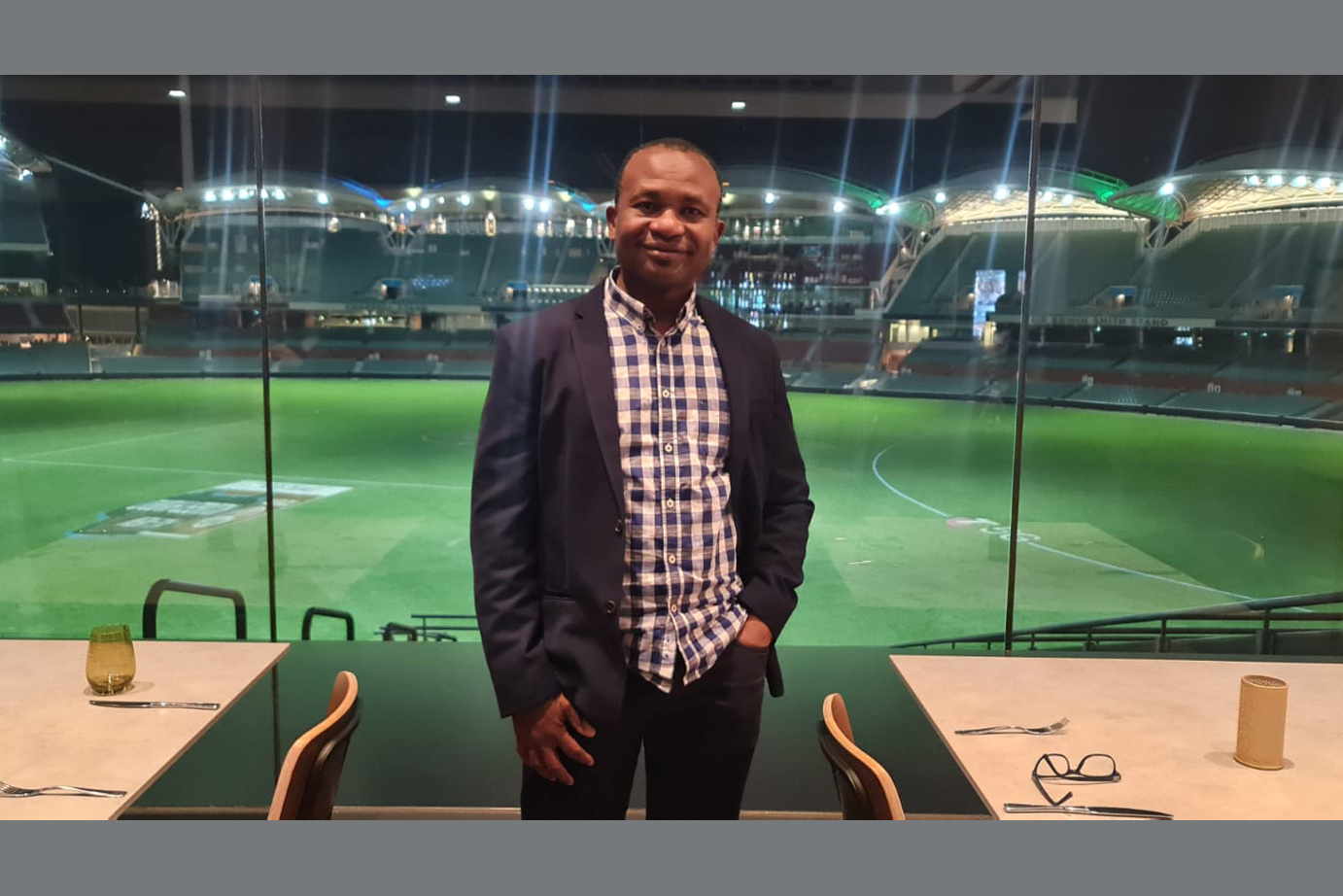
Written by Mr Issac Zangre and Dr Aileen Collier, Northern Adelaide Palliative Care Service and the University of Auckland, and member of RePaDD, with Mr Peter Laintoll, Professor Gregory Crawford, Northern Adelaide Palliative Care Service and The University of Adelaide and Associate Professor Ann Dadich of Western Sydney.
Video reflexive ethnography uses recordings of patient stories of care as well as care practices to initiate discussions about how care is delivered and/or could be improved. In our research this methodology was applied to understand what safe and high-quality palliative and end-of-life care is from the perspective of Bhutanese, Syrian, and Afghani communities in Northern Adelaide. We have discussed the research design elsewhere. An essential component of this approach is achieving ‘buy-in’ from all involved, and here we share Issac’s experiences of the project.
Our project is underpinned by the philosophy “Nothing about us with us” – a term emphasised by disability activists. Those unable to access specialist palliative care services are often regarded as “Hard to reach’. We aimed to turn this thinking on its head – instead – viewing ourselves (as service providers) as the ‘Hard to reach’. Our research study asked: What is safe and high quality palliative care for new and emerging communities in Northern Adelaide? What would happen if we began to ally with these communities? What could be produce together if we were prepared to step out of our comfort zones and perhaps even let go of some of our preconceived notions of what palliative care is or what a good death looks like? In this blog Issac shares his experiences of the project. Issac is a respected member of the African community in Northern Adelaide. We spoke to him about palliative care and about the project:
What did palliative care mean to you before the project: Palliative care is a new system for most Culturally and Linguistically Diverse (CALD) people. I am originally from the Ivory Coast (West Africa). After a decade in Europe I am now an Australian. Until I joined the project as a participant I did not know much about palliative care. What I knew was very negative. I believed it meant a system which precipitates a person’s death.
Can you tell us how you came to be involved in the project: One day I received a call from Peter Laintoll, the Executive Officer of the Lyell McEwin Volunteer Association requesting to meet with me. I met with Peter and as soon as he mentioned palliative care, I was stunned and did not want to talk about it. I reinforced to Peter that I was not interested in being involved in his project because I didn’t know much about it, and more importantly “I did not want to know when I would be dying”. Peter remained calm and encouraged me to learn more.
What happened next: After talking with Peter, I agreed to organise six community members from different African countries to discuss their understanding about palliative care and their thoughts about the service gaps, with a goal to make it more inclusive. I was still unsure I wanted to participate in the discussion all about death.
My fellow African community members encouraged me to take part in the conversation, so I did. We all understand now that palliative care is more complex than our initial beliefs. The discussion enabled us to learn the meaning of palliative care in the Australian context.
What did you learn from being involved in the discussion: Prof. Gregory Crawford, Northern Adelaide Palliative Care Service and The University of Adelaide, was the facilitator. At the end of that session, I started to be convinced that all Australians could benefit from understanding what palliative care means. The outcome from this conversation is that all attendees from the African community have unanimously agreed that the services need to be more inclusive by being culturally appropriate whoever needs to use the service.
What do you think is important about palliative care for your and other communities? Our palliative care system gives people choices to die at home or at a purpose-built service. This is very important when sharing this with people of diverse cultures – it is a choice, and you are supported.
What’s next Issac? I was very interested in learning further about palliative care to be able to assist my community and others. Now I am volunteering in the palliative care services at the hospital.
It was a great opportunity for the project to reach out to our diverse community and take the time for real engagement. Lack of information remains the key barrier which results in a hesitancy to use the service.
Our project, funded by the SA health project grants program, was just the beginning. We hope these relationships continue. In the spirit of the Brilliance program using the methods positive organisational scholarship and video reflexive ethnography, our project is never fully complete.
If you’d like to hear more from Issac – you can watch a short video.
If you would like to know more about the research please contact Professor Gregory Crawford gregory.crawford@sa.gov.au and/or Peter Laintoll peterlain2020@gmail.com. If you’d like to learn more about the techniques employed with this project, please contact Dr Collier aileen.collier@auckland.ac.nz or Associate Professor Dadich a.dadich@westernsydney.edu.au.

